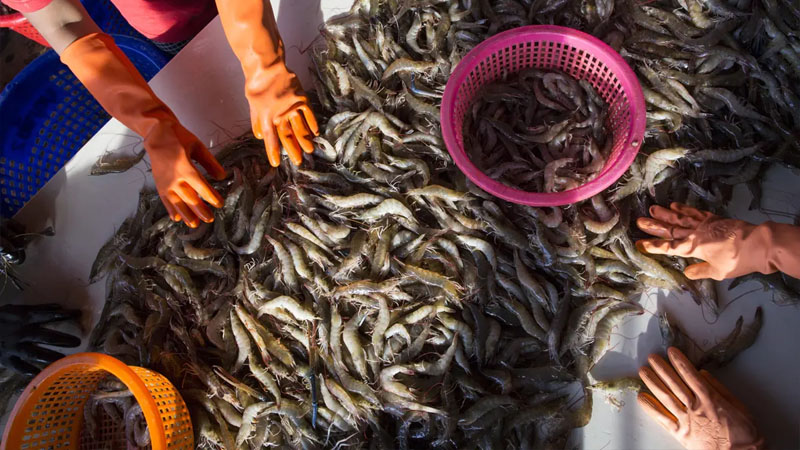Exclusive content

European officials are raising alarms over potential changes in Thailand’s legislation, fearing a regression in the protection of seafarers. Investigations a decade ago uncovered appalling conditions in the Thai fishing industry, with fishermen subjected to modern slavery and brutalization. To address these concerns, legislation was enacted to safeguard workers and curb illegal fishing practices. However, recent drafts of new laws in Thailand signal a significant weakening of these protections.
Alarming Amendments: Undermining Worker Rights
Analysis by the Environmental Justice Foundation highlights troubling amendments that include eliminating the requirement for crew lists when ships depart docks and facilitating transfers of workers and products between vessels at sea. Such changes could pave the way for exploitation and abuse of laborers, reminiscent of past injustices.
Thai lawmakers argue that current regulations are overly bureaucratic, hindering exports and profitability. They claim that revisions are necessary to streamline processes and improve efficiency. However, critics, including Human Rights Watch, contend that these changes prioritize economic gains over human rights and environmental concerns.
International Response: Threat of Sanctions
The European Commission has issued warnings of potential sanctions, including the imposition of a “yellow card,” if Thailand proceeds with its regulatory rollback. Such actions could have severe consequences for the seafood industry, impacting both trade and consumer access to Thai products in Western markets.
While Thailand downplays the potential impact on its trade relations, other major seafood-importing countries like the US, UK, Japan, and South Korea are also tightening regulations to combat illegal fishing and labor abuses. The proposed changes in Thailand could jeopardize nearly 60% of its seafood exports to these nations, posing a significant threat to the industry’s viability.
Upholding International Standards: A Critical Crossroad
The rollbacks in Thailand’s legislation contradict the global trend towards stricter regulations and improved monitoring in the fishing industry. With significant progress made in recent years, reverting to lax policies risks undermining Thailand’s reputation as a leader in sustainable fisheries. Urgent action is needed to prevent these detrimental changes and uphold international standards for worker rights and environmental protection.